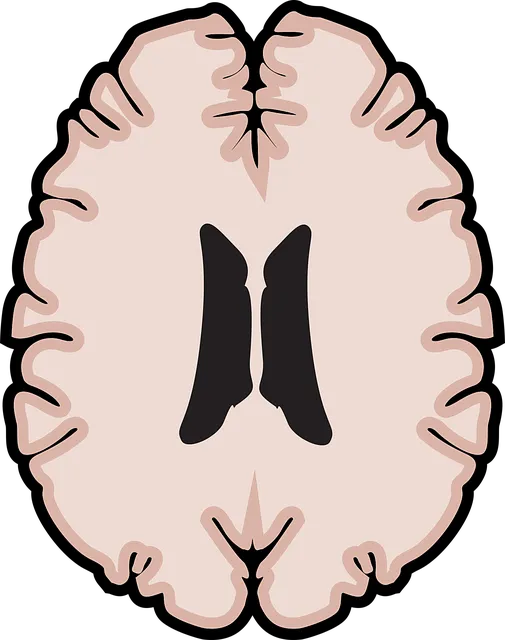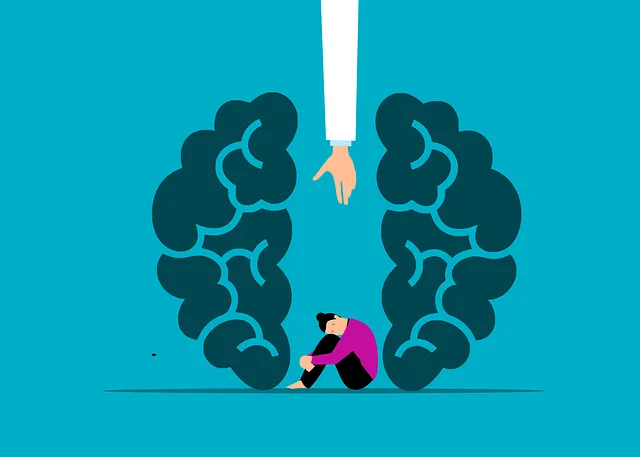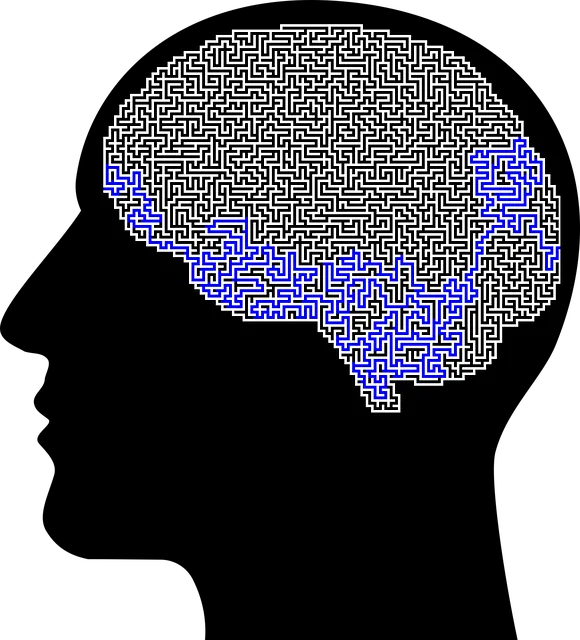Kaiser Permanente mental health facility Centennial prioritizes holistic treatment by investing in innovative self-assessment tools for mental wellness. These tools, designed with versatility and evidence-based practices, cater to diverse populations' unique needs, promoting emotional well-being. Integration of Compassion Cultivation and Self-Care techniques enhances assessment validity and effectiveness, empowering individuals to actively manage their mental health. A strategic, phased implementation approach, focusing on cultural sensitivity and user feedback, ensures tailored assessments for improved patient care and Mental Health Awareness.
At Kaiser Permanente’s Mental Health Facility in Centennial, the need for comprehensive self-assessment tools has never been more pressing. This article explores the development of these tools, focusing on understanding the unique requirements of a modern mental wellness center. We delve into the design process, emphasizing evidence-based practices and user feedback integration. Additionally, we discuss implementation strategies and continuous improvement methods to ensure these tools have maximum impact, fostering healthier minds within the Kaiser Permanente community in Centennial.
- Understanding the Need for Self-Assessment Tools at Kaiser Permanente Mental Health Facility Centennial
- Designing Effective Mental Wellness Self-Assessment Tools
- Incorporating Evidence-Based Practices and User Feedback
- Implementation Strategies and Continuous Improvement for Optimal Impact
Understanding the Need for Self-Assessment Tools at Kaiser Permanente Mental Health Facility Centennial

At Kaiser Permanente mental health facility Centennial, there’s a growing recognition of the need for comprehensive self-assessment tools to support patient care and provider well-being. The healthcare industry increasingly prioritizes mental wellness as a cornerstone of holistic patient treatment, prompting facilities like Kaiser Permanente to invest in innovative solutions. Self-assessment tools play a pivotal role in this context by enabling mental health professionals to accurately gauge their own emotional and psychological states, identify potential risks, and proactively manage stress.
This need is further underscored by the importance of Risk Management Planning for Mental Health Professionals and Healthcare Provider Cultural Competency Training. Effective self-assessment tools can enhance these initiatives by promoting open communication, fostering a culture of care among providers, and ensuring that stress management strategies are tailored to individual needs. By integrating such tools into their practices, Kaiser Permanente mental health facility Centennial can contribute to improved patient outcomes and enhanced provider satisfaction and resilience.
Designing Effective Mental Wellness Self-Assessment Tools

Designing effective mental wellness self-assessment tools is a multifaceted process that involves understanding the nuances of individual emotional and psychological states. At Kaiser Permanente mental health facility Centennial, we recognize that every person’s journey towards mental wellness is unique. Therefore, our tools are developed with versatility in mind, aiming to cater to diverse populations and their specific needs.
We leverage evidence-based practices, incorporating aspects like Mood Management and Emotional Well-being Promotion Techniques into our self-assessment frameworks. By doing so, we ensure that the assessments are not only comprehensive but also actionable. The result is a tool that not only helps individuals gain insights into their mental health but also equips them with strategies to enhance their Mental Wellness Coaching Programs Development. This holistic approach aligns with our mission to promote overall well-being within our community, reflecting the commitment of our dedicated team at Kaiser Permanente Centennial.
Incorporating Evidence-Based Practices and User Feedback

In developing self-assessment tools for mental wellness at a Kaiser Permanente mental health facility in Centennial, integrating evidence-based practices is paramount. This involves drawing from well-researched and effective interventions such as Compassion Cultivation Practices and Self-Care Practices, which have shown significant benefits in promoting emotional well-being. By adopting these evidence-based approaches, the assessment tools can ensure they offer validated methods to gauge and enhance mental health. User feedback plays a crucial role in this process too; gathering insights from individuals within the community helps tailor the assessments to meet their unique needs and preferences, fostering a more engaging and impactful experience.
This dual focus on evidence-based practices and user feedback ensures that the self-assessment tools not only stand the test of scientific rigor but also resonate with users in a practical and meaningful way. Such tools have the potential to empower individuals at the Kaiser Permanente mental health facility in Centennial to take an active role in their emotional well-being, complementing professional support and fostering a holistic approach to mental wellness.
Implementation Strategies and Continuous Improvement for Optimal Impact

Implementing self-assessment tools for mental wellness at a Kaiser Permanente mental health facility like Centennial is a strategic step towards enhancing patient care and fostering Mental Health Awareness. To ensure optimal impact, facilities should adopt a phased approach, starting with pilot testing to identify cultural and linguistic sensitivity requirements. This involves engaging diverse communities to tailor the assessments for different populations, ensuring cultural relevance and accessibility.
Continuous improvement is key; regularly gathering user feedback from patients and healthcare providers allows for refining the tools. By integrating this feedback, the facility can address any challenges, improve accuracy, and enhance overall effectiveness. Focusing on Depression Prevention and Mental Illness Stigma Reduction Efforts, these assessments can empower individuals to take charge of their mental health, leading to timely interventions and improved outcomes.
The development of mental wellness self-assessment tools tailored for the Kaiser Permanente Mental Health Facility Centennial is a strategic move towards enhancing patient care. By incorporating evidence-based practices and user feedback, these tools can effectively assess and address individual mental health needs. Implementation strategies that focus on continuous improvement ensure that the facility remains at the forefront of providing comprehensive and impactful mental health services, ultimately fostering better outcomes for patients at Kaiser Permanente Mental Health Facility Centennial.






